
Will SPC flooring expand?
First, the relationship between the characteristics of SPC floor and expansion
SPC flooring is mainly composed of stone powder and polyvinyl chloride, which gives it excellent stability. Compared to traditional wood floors, SPC floors are minimally affected by changes in temperature and humidity. Its tight structure and special composition make it in normal operation
In the environment, it can maintain a relatively stable size and is not easy to appear obvious expansion.
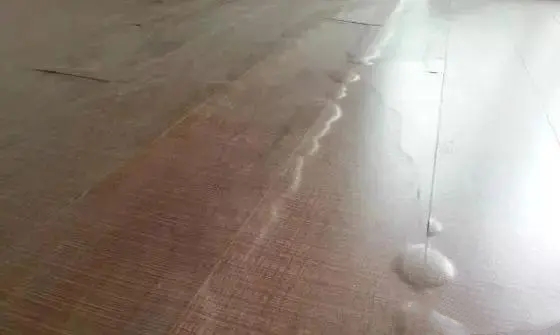
Second, the influence of different thicknesses on expansion
Generally speaking, the performance of SPC floors of different thicknesses is not very different in terms of expansion. Whether it is a thinner thickness of 4mm or a slightly thicker thickness of 6mm, 8mm, etc., as long as the construction is carried out according to the correct installation method, it can better resist swelling
Swell. Because the stability of SPC floor mainly depends on its material and manufacturing process, rather than the simple thickness. For example, in the general home environment, 4mm thick SPC floor and 8mm thick SPC floor will not be used in daily use because
The difference of its thickness causes obvious expansion problems.
3. Environmental factors and expansion
1. Humidity impact
- SPC floor hardly expands when exposed to normal humidity. For example, in an indoor environment with a relative humidity of 40%-60%, SPC floors can maintain good condition and stable size.
- However, if you are in an excessively humid environment for a long time, such as the basement is not properly waterproof, and the humidity is constantly high, the SPC floor may appear slightly expanded. But this degree of expansion is much less than wood flooring. For example, in a wet field
In the lower chamber, if the SPC floor is installed, there may be extremely subtle expansion at the edge, which indicates that the gap between the floors is slightly smaller, but the overall structure is still relatively stable; And if it is wood flooring, it may happen in the same environment
Severe deformation, arch.
2. Temperature influence
- In normal temperature range, SPC floor will not expand due to temperature change. Whether it is hot summer or cold winter, as long as the indoor temperature is within a reasonable range (generally 15℃-25℃), the SPC floor can maintain dimensional stability.
However, if the SPC floor is subjected to extreme high or low temperatures, such as too close to the heating pipe causing local temperatures to be too high, or in the extremely cold area, the insulation measures are not done, the SPC floor may also change to a certain extent. However, the change is usually very slight
It is small and does not expand or contract significantly as some materials do due to temperature changes. For example, in the position near the heating, the SPC floor may have extremely slight expansion due to local temperature increase, but it will not affect the overall use and beauty.
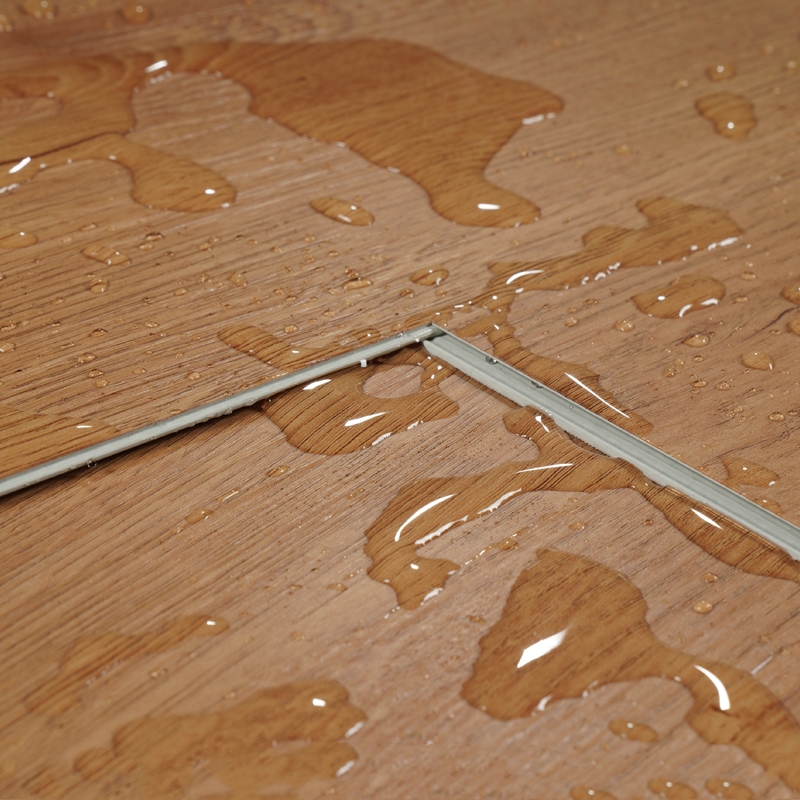
In general, SPC floor is not easy to expand in the case of normal use and reasonable installation. However, if the installation is improper or in extreme environmental conditions for a long time, there may also be slight expansion. However, with other flooring materials
Compared with SPC floor, the expansion degree is relatively small, with high stability and reliability.
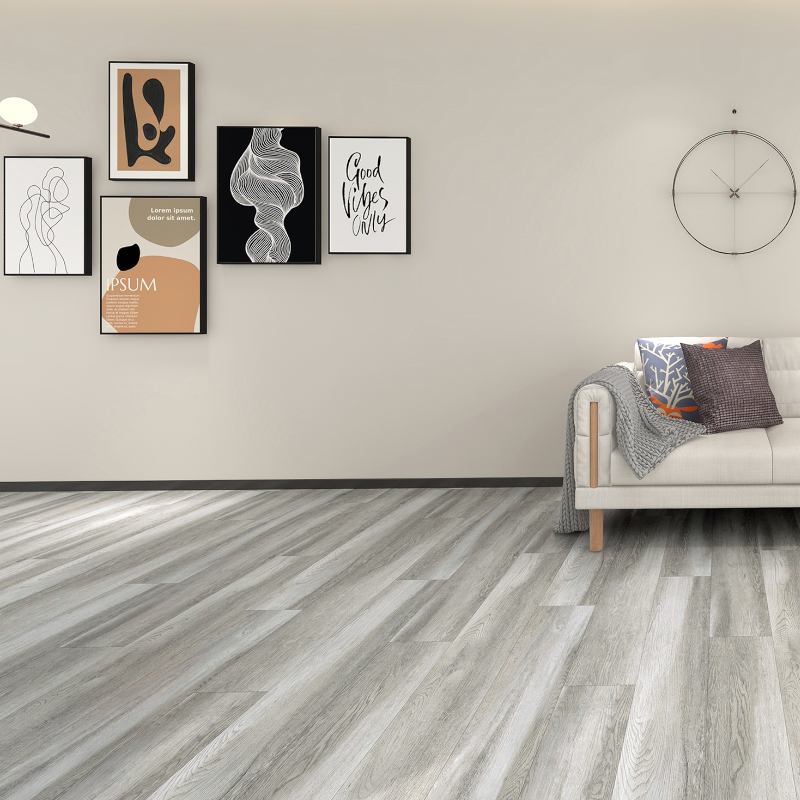 How durable is SPC Vinyl floor
How durable is SPC Vinyl floor
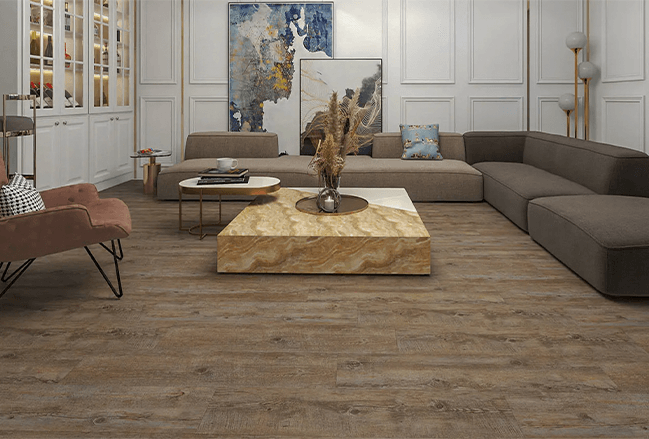 SPC stone plastic flooring
SPC stone plastic flooring
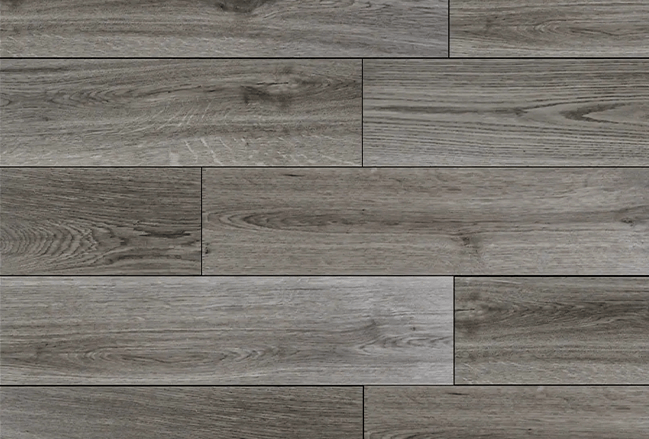 What is spc Latch floor and fl
What is spc Latch floor and fl
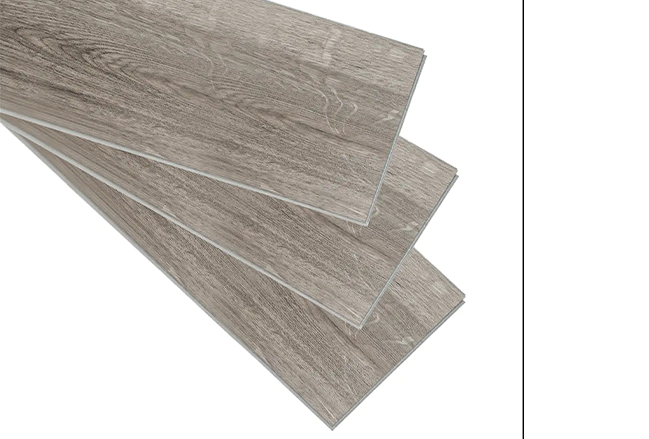 The SPC floor installation met
The SPC floor installation met
